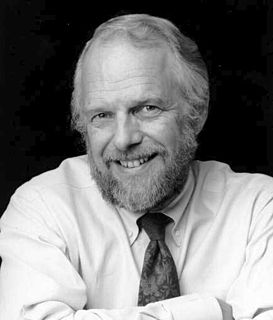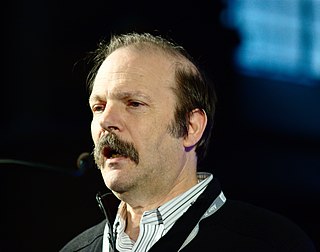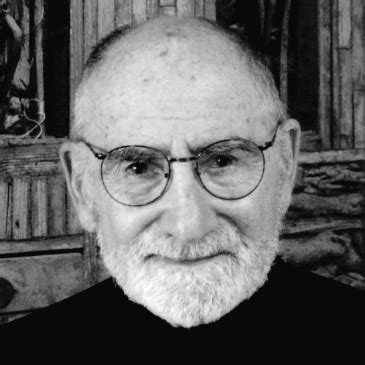A Quote by Gary A. Klein
People who design decision aids and information technologies usually try to help people perform their jobs better. But insights can show us how to perform our jobs differently. And so the decision aids and technologies can get in the way of insights!
Quote Topics
Related Quotes
We humans have indeed always been adept at dovetailing our minds and skills to the shape of our current tools and aids. But when those tools and aids start dovetailing back - when our technologies actively, automatically, and continually tailor themselves to us, just as we do to them - then the line between tool and user becomes flimsy indeed.
New investments in cyber security and the modernization of our military will spur substantial new job creation in the private sector and help create the jobs and technologies of tomorrow. It's what we have to do. America must be the world's dominant technological powerhouse of the twenty-first century, and young Americans - including in our inner cities - should get these new jobs!
These new investments in cyber security and the modernization of our military will spur substantial new job creation in the private sector and help create the jobs and technologies of tomorrow. It's what we have to do. America must be the world's dominant technological powerhouse of the twenty-first century, and young Americans - including in our inner cities - should get these new jobs!
For example, the supporters of tariffs treat it as self-evident that the creation of jobs is a desirable end, in and of itself, regardless of what the persons employed do. That is clearly wrong. If all we want are jobs, we can create any number--for example, have people dig holes and then fill them up again, or perform other useless tasks. Work is sometimes its own reward. Mostly, however, it is the price we pay to get the things we want. Our real objective is not just jobs but productive jobs--jobs that will mean more goods and services to consume.
Many people may not recognize that the development of space exploration technologies has already helped benefit Earth in many ways, especially when it comes to communications, Earth observation and even fostering economic growth. Space technologies are surprisingly critical in impacting government, industry and personal daily decision-making.
Digital technologies are setting down the new grooves of how people live, how we do business, how we do everything--and they're doing it according to the expectations of foolish utopian scenarios. We want free online experiences so badly that we are happy to not be paid for information that comes from us now or ever. That sensibility also implies that the more dominant information becomes in our economy, the less most of us will be worth.
The most common misperception is the word 'design'. People think of primarily pretty pictures or forms. They don't understand the depth to which design goes-not only in products, but in every aspect of our life. Whether it is the design of a program, a product or some form of communication, we are living in a world that's totally designed. Somebody made a decision about everything. And it was a design decision.
We all perform our lives in a way. And the actor is a perfect metaphor to get at that theme of 'how do we find our authentic selves?' And that we all - whether we're actors or not - perform ourselves. As a way of searching. As a way of fumbling around and trying to say, is this my voice? Is this who I am?





































